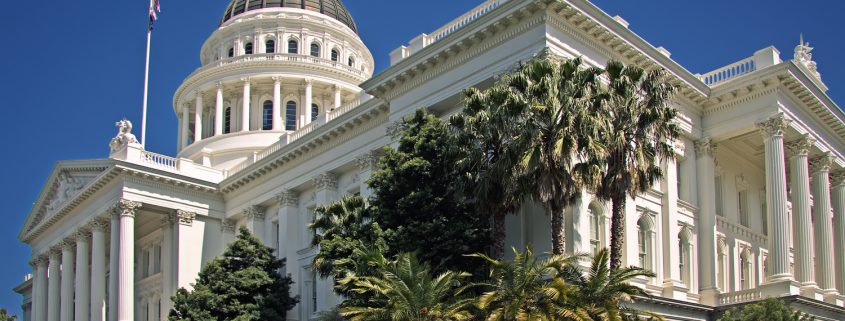Bills address college admissions scandal

Gov. Gavin Newsom signed three higher education reform bills into law Friday. The bills are part of a six-bill suite introduced in March by Democratic assembly members following the FBI’s investigation into the college admissions scandal, in which students were accepted to USC and other selective universities through bribe money and falsified athletic profiles.
According to a press release from the office of Assemblymember Phil Ting (D-San Francisco), who authored one of the bills, the investigation initiated a conversation about the legal ways those with connections in higher education can influence their children’s college applications and sway their admissions decisions.
Ting said in the press release that the proposed bills aim to make college admissions fairer by making information about alumni and the effect of donor connections on admissions public.
“We must strive for a level playing field in the college admissions process so there can be equal opportunity for all,” Ting said. The press release also stated that the mandatory disclosure of data will be analyzed alongside state funding such as the CalGrant.
Assembly Bill 697 will require California colleges and universities to disclose preferential treatment given to applicants with personal relationships within the institution. Colleges will be required to release statistics about the number of applicants with a connection to a donor or an alumnus of the institution and the number of those applicants accepted into the institution whose admissions profile would not otherwise be considered eligible for admission.
The law will go into effect in 2020, and colleges and universities will be mandated to release preferential admission data from the 2019-20 academic year by June 30.
AB 1383 restricts publicly funded universities’ ability to admit students who do not meet the standard conditions of admission — a practice known as “admission by exception.” The law states that each case of admission by exception must be backed by specific rationale.
The law requires three senior campus administrators to approve admissions cases in which applicants do not meet eligibility requirements but show “high potential for success and leadership in an academic or special talent program at the campus” like athletics and fine arts recruitment.
The bill only applies to schools that receive state funding, meaning only the UC and CSU systems would be bound by the policy.
AB 136, the third bill in the package, excludes donations made to the Key Worldwide Foundation and the Edge College & Career Network, the organizations accused of running the student-athlete scam, from tax exemption under the Personal Income Tax Law.
William “Rick” Singer, who coordinated the scheme, used the Key Foundation and the Edge College & Career Network as cover-ups for the large sums of money used to bribe athletics staff and university officials to falsely designate applicants as athletic recruits.
In a statement to the Daily Trojan, the University said it is reviewing the new laws. USC did not comment further.

